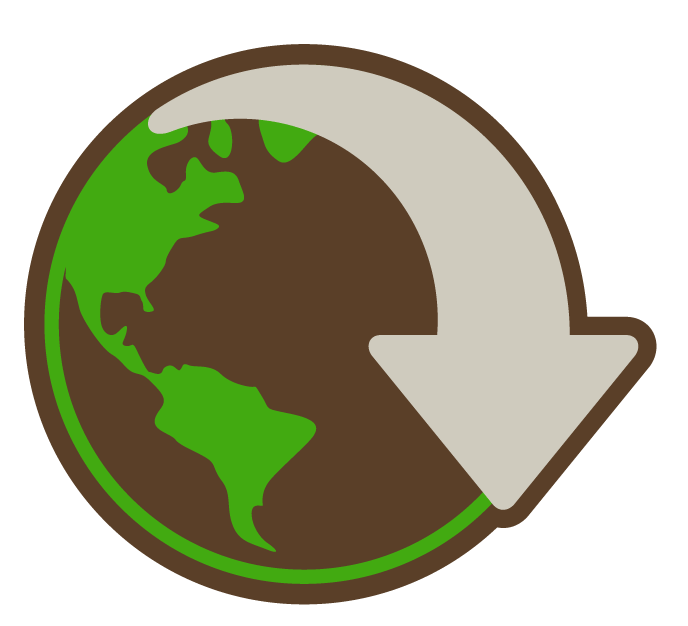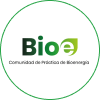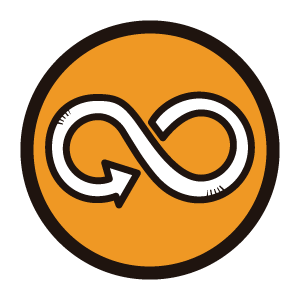Within the framework of LEDS LAC's work, the Communities of Practice (CoP) are spaces that facilitate exchange, capacity building and collaboration among a group of people and organizations working on a common theme.


The Community of Practice on Methane Emissions Reduction from Organic Sources in Latin America and the Caribbean (MetLAC CoP) is a collaborative effort of the Center for Clean Air Policy (CCAP), ImplementaSur and the LEDS LAC Regional Platform, with financial support from the Global Methane Hub (GMH). It was launched in October 2023, with the purpose of promoting and supporting the development of public policies, business models and investment projects to reduce methane emissions from organic sources in Latin America and the Caribbean. MetLAC operates in two languages, English and Spanish.

The Bioenergy Community of Practice (BioE CoP) was launched in 2016 as a space to exchange experiences, build capacity and collaborate among people, organizations and countries, with the aim of promoting the development of policies and business models for the sustainable development of bioenergy in Latin America and the Caribbean. . During these years, topics such as policies and investments in bioelectricity; policies and market development for biogas projects; bioenergy and climate action; challenges for the development of bioenergy, how to integrate bioenergy into public policies, among others, have been addressed.

The Community of Practice of Public-Private Articulation for Climate Action (ArticuLAC), is an initiative of the Euroclima Program through GIZ, LEDS LAC and the Latin American Center for Competitiveness and Sustainable Development (CLACDS) of INCAE Business School. It began operations in 2018 and aims to promote the articulation and alignment of public and private sector climate strategies and actions. ArticuLAC is made up of representatives of government institutions and private sector organizations from Euroclima Program countries.


GCAP's Transportation Working Group (TWG), launched in 2014, works in partnership with GCAP's Regional Platforms to build a resilient, low-emissions transportation community globally by supporting champions and innovators, linking networks of low-emissions transportation experts, and exploring opportunities for collaboration at the local, regional, and global levels.
The work of the TWG for Latin America and the Caribbean is coordinated with LEDS LAC and operated by the Sustentar Association. The TWG provides support for capacity building and improving the design and implementation of NDCs in the region on priority issues identified by its members through its two Communities of Practice (CoP): Electric Mobility and Sustainable Logistics.

The LAC Resource Efficiency Working Group on Resource Efficiency was launched in April 2019, in response to a growing interest in material resource management and its potential contribution to carbon emissions. The GTER aims to facilitate the implementation of frameworks, tools and strategies that accelerate material resource efficiency in production systems.

LEDS LAC is a network of organizations and individuals working in the promotion, design and implementation of LEDS in Latin america and the Caribbean.